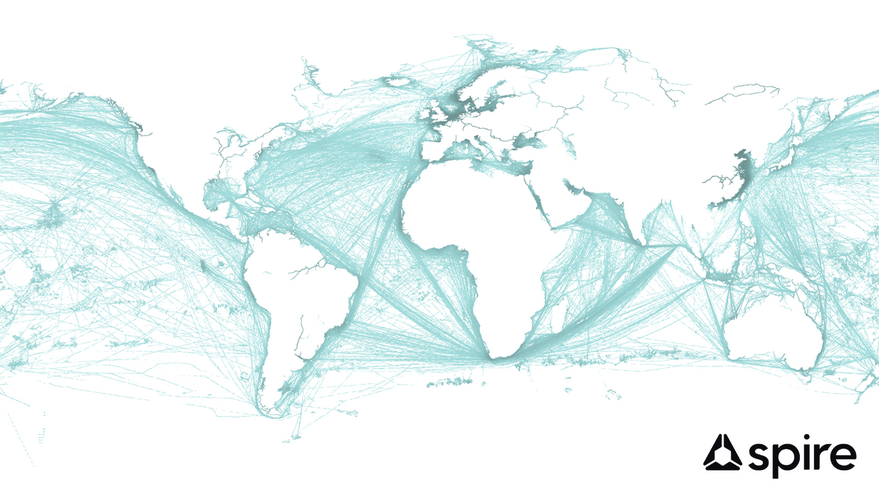Products You May Like
ST. LOUIS – LatConnect 60 will feed Spire Global Automatic Identification System (AIS) vessel-tracking data into algorithms the Australian Earth-observation startup is developing with Curtin University to prevent maritime collisions, the companies announced Oct. 5.
With funding from the Australian Research Council, LatConnect 60 and Curtin University’s Intelligent Sensing & Perception Laboratory are creating sensor-fusion algorithms to better predict maritime traffic patterns. If successful, the algorithms could reduce collisions in narrow shipping lanes and lower insurance premiums for vessel operators, according to the Oct. 5 news release.
The new sensor-fusion algorithms pair Spire AIS data with satellite imagery, drone imagery and data from internet-of-things sensors.
“Spire’s advanced AIS data has provided significant value to us and we’re thrilled to build on our partnership to enhance our capabilities,” LatConnect 60 CEO Venkat Pillay said in a statement. “Incorporating Spire’s proprietary data into our research work with Curtin University will allow unprecedented insight into the real-time location of vessels, helping avoid collisions and create a safer and more profitable maritime industry.”
LatConnect 60 plans to launch its first two satellites to gather one-meter-resolution Earth imagery in seven spectral bands in 2022. The Australian startup plans to operate a 16-satellite constellation by 2025.
